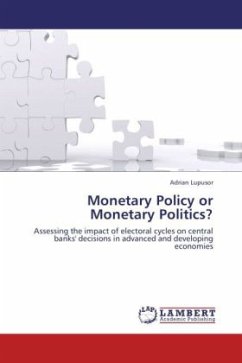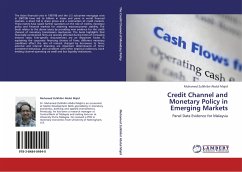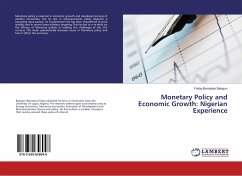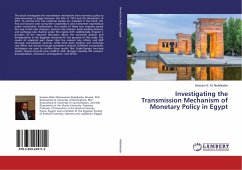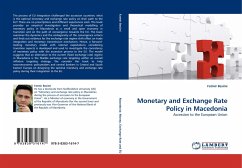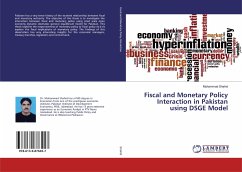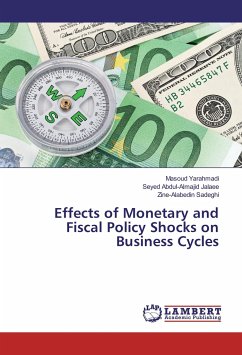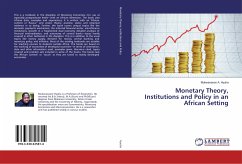Over the last 3 decades central banks independence has been one of the core issues discussed by policy and academic circles, which especially intensified amid the current sovereign debt crisis. In order to minimize the inflation bias and improve the monetary policy efficiency, the central banks from all over the world were granted with more political, operational and financial independence. However, was this process correlated with the increase in de facto independence? Moreover, is there any difference in this regard between developed and developing countries? Finally, what are the implications on the monetary policy performance in countries where the central banks are still found to be politically sensitive? This book provides answers to these important questions by use of robust empirical quantitative and qualitative analytical methods. We find strong evidence about election induced monetary policies in a group of countries which, also, incur significant welfare costs. Hence, the book underlines the importance of central banks' reputation, their insulation from political sphere and of an adequate legislative design to ensure the full independence of monetary authorities.
Bitte wählen Sie Ihr Anliegen aus.
Rechnungen
Retourenschein anfordern
Bestellstatus
Storno

